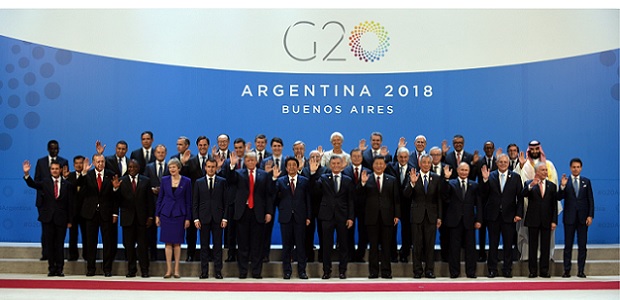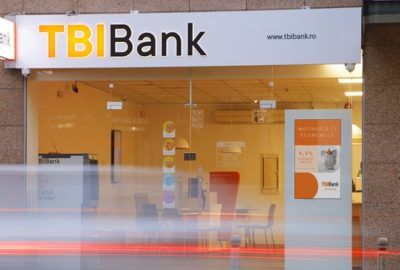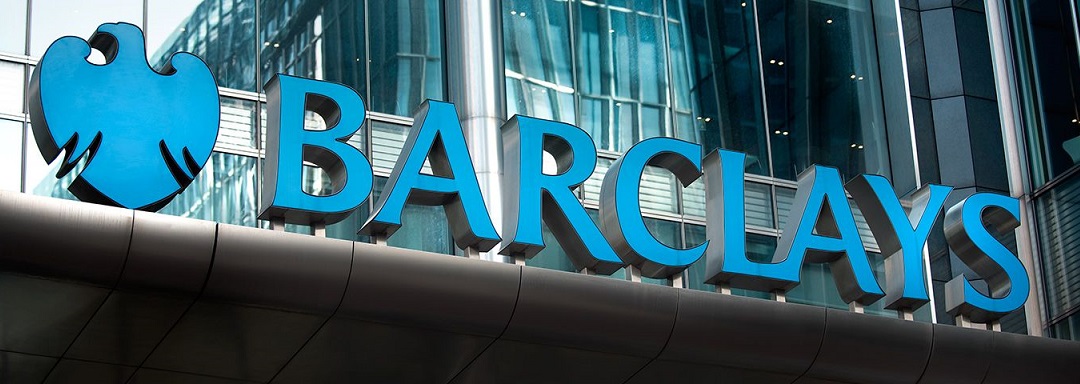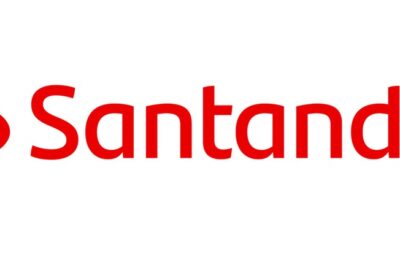G20 leaders’ declaration: „We will regulate crypto-assets”

The G20 Countries have signed a joint declaration in Buenos Aires, where it promises to regulate crypto and combat its use for money laundering & the financing of terrorism in line with the Financial Action Task Force (FATF) standards.
“We will step up efforts to ensure that the potential benefits of technology in the financial sector can be realized while risks are mitigated. We will regulate crypto-assets for anti-money laundering and countering the financing of terrorism in line with FATF standards and we will consider other responses as needed. ”, according to G20 leaders’ declaration.
What impact could it have? Over-regulation restricts the growth of emerging asset classes and technologies by limiting the way companies can grow over the long-run, believes ccn.com.
For many years, the G20 has maintained an open-minded stance towards cryptocurrency regulation, possibly due to the encouragement of Japan, the second largest cryptocurrency market behind the U.S., to regulate the space and provide a healthy ecosystem for both startups and established companies.
Regulators can facilitate the growth of cryptocurrency companies, especially exchanges that require fiat on-ramps, by providing seamless access to legacy systems and banking services.
The government of South Korea, for example, recently permitted banks to work with cryptocurrency exchanges and provided a green light for financial institutions to offer virtual bank accounts to digital asset trading platforms.
Most countries within the G20 have already regulated their respective cryptocurrency sectors. An effort to regulate the international cryptocurrency market could encourage countries like Russia, Argentina, and India that are still yet to establish clear regulatory frameworks around the asset class.
The G20 said that it intends to help crypto create an open and resilient financial system and emphasized that it is “crucial to support sustainable growth.”
While over-regulation can hurt businesses in an early phase of growth, if countries within the G20 ensure that the policies they implement will not negatively affect the growth of cryptocurrency-related businesses to a significant extent, then the G20’s decision to regulate the global market could help eliminate the barrier between crypto and the traditional finance sector.
“We will continue to monitor and, if necessary, tackle emerging risks and vulnerabilities in the financial system; and, through continued regulatory and supervisory cooperation, address fragmentation. We look forward to continued progress on achieving resilient non-bank financial intermediation.”, said in the G20’s statement.
More regulatory clarity could also speed up the process of major financial institutions like Morgan Stanley, Goldman Sachs, and State Street in establishing cryptocurrency ventures, which are currently waiting for regulators to operate as trusted custodians.
Read the full G20 leaders’ declaration: „Building consensus for fair and sustainable development”
Dariusz Mazurkiewicz – CEO at BLIK Polish Payment Standard
Banking 4.0 – „how was the experience for you”
„To be honest I think that Sinaia, your conference, is much better then Davos.”
Many more interesting quotes in the video below:










